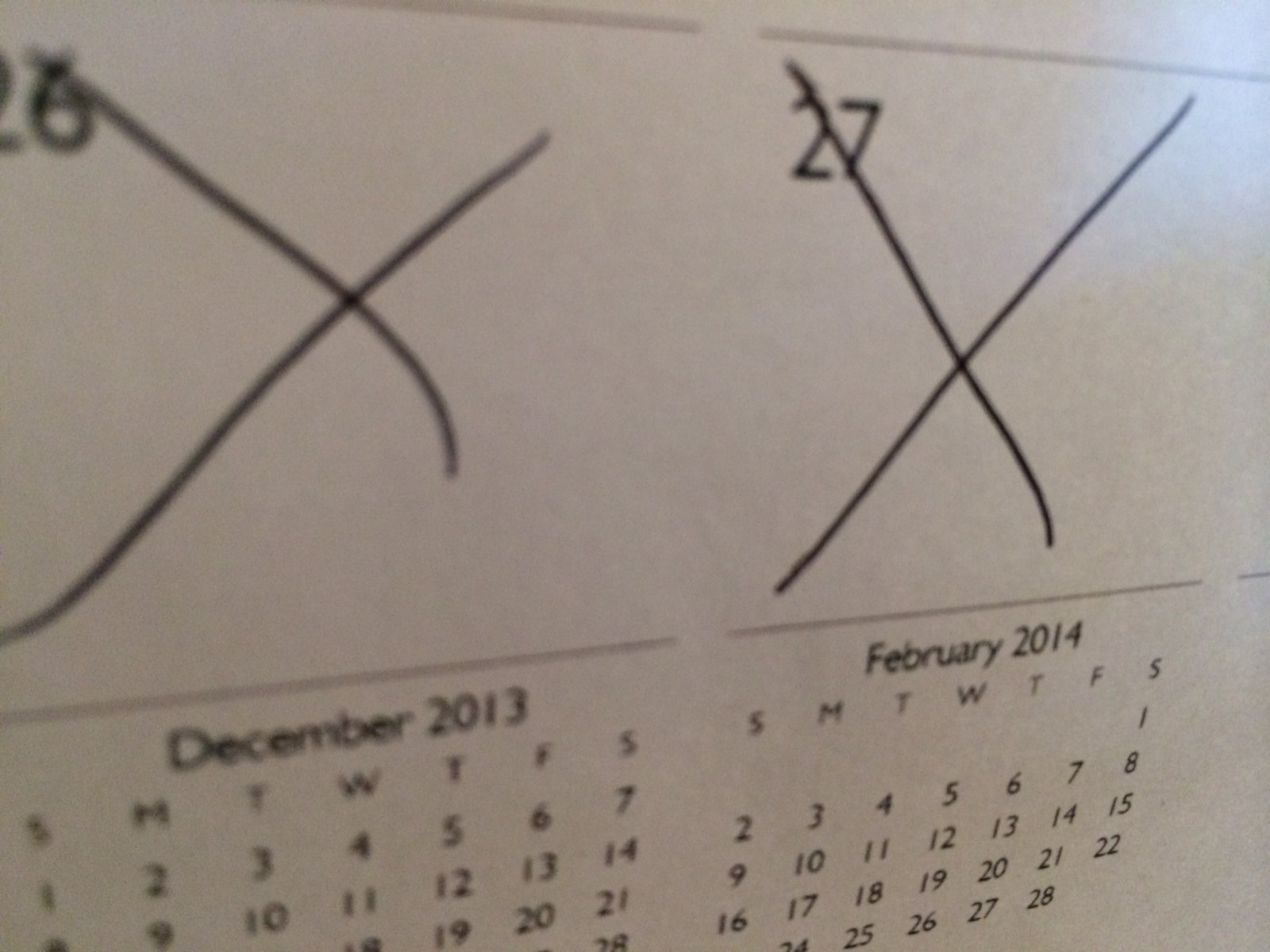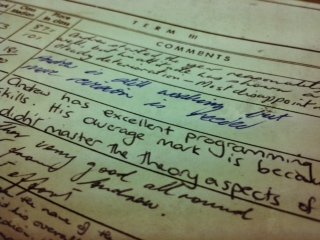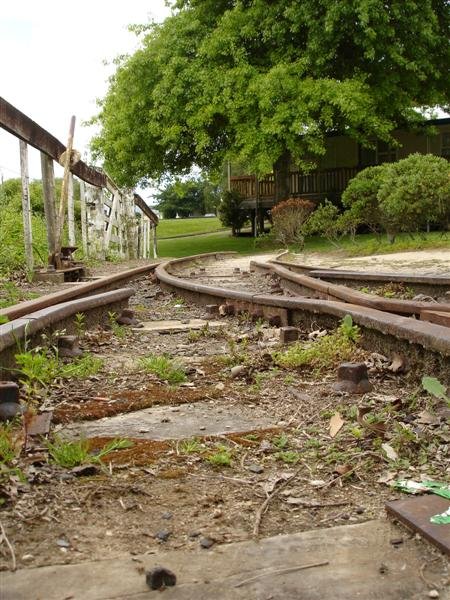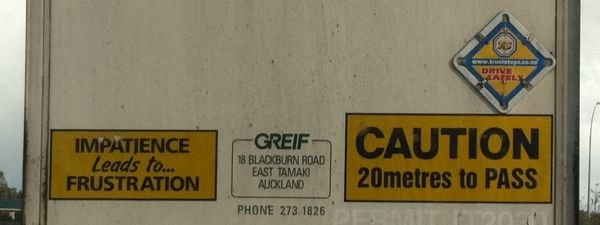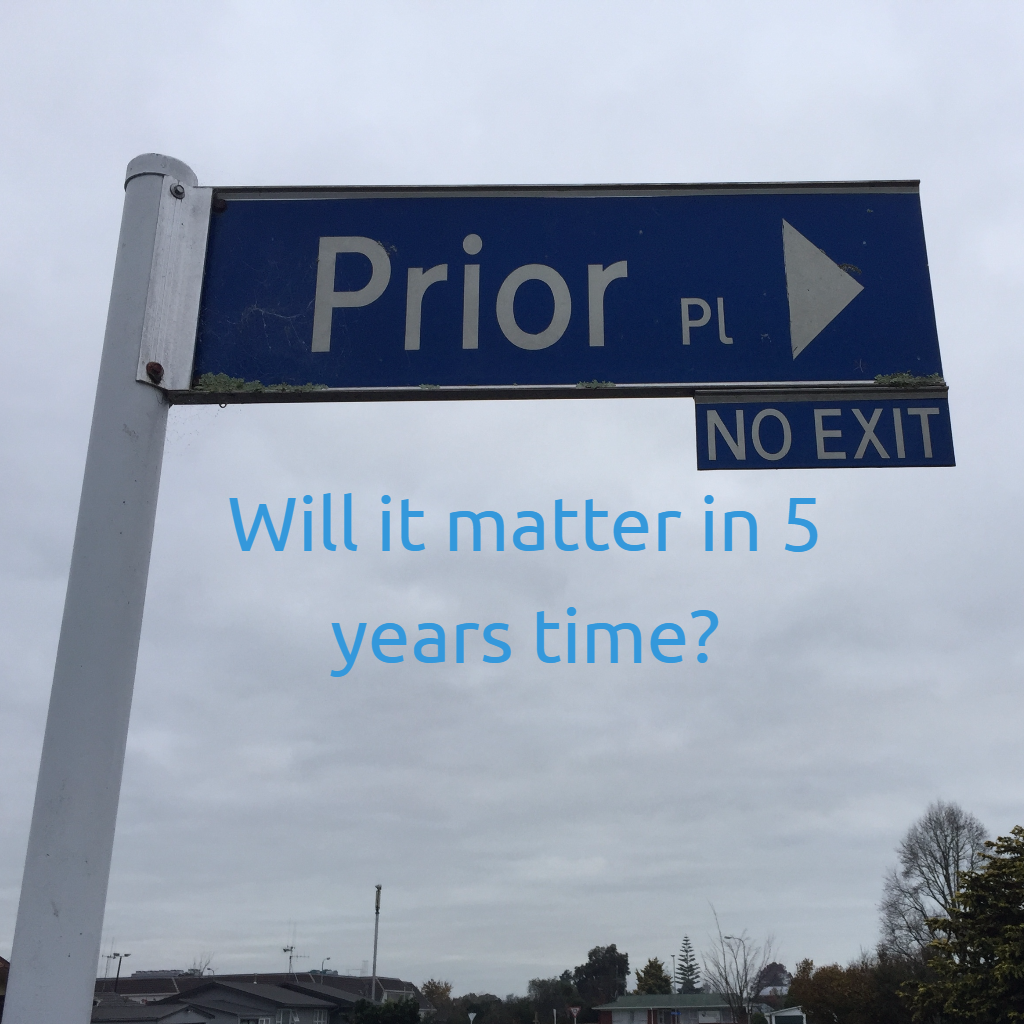 If you have kids who play sports I’m sure you’ve experienced the challenges of finding a park close to the ground. On Saturday after finally parking ‘miles’ away from the fields, I was walking to watch the game and came across this street name.
If you have kids who play sports I’m sure you’ve experienced the challenges of finding a park close to the ground. On Saturday after finally parking ‘miles’ away from the fields, I was walking to watch the game and came across this street name.
Prior Place (No Exit).
Apart from smiling and wondering who named the street Prior Place, it made me think of prior places I have been. Not houses or streets as such, but situations.
Places where I felt like the world was caving in. Prior times when the pressure was unbearable. Anxious places that I thought had no exit, and wouldn’t end.
But they did end.
And there was a way out.
Life, as they say, went on.
It reminded me that the worry and stress and anxiety we face today, will seem insignificant in a few years’ time.
It reminded me that I need to do my best today, and not worry so much about tomorrow.
“Do not worry about tomorrow, for tomorrow will worry about itself”
∴
The not worrying about tomorrow doesn’t mean we don’t plan to do things in the future to fix our problem.
It does mean we don’t burn mental energy stressing about what we can’t fix today.
If you’re struggling with worry and stress about things at the moment. A great question to ask is this…
‘Will it matter in 5 years time?’
Effectively, when we look back at this prior place, will all this stress and worry be worth the energy I am pouring into it.
I can tell you from personal experience, that it almost always wont.
